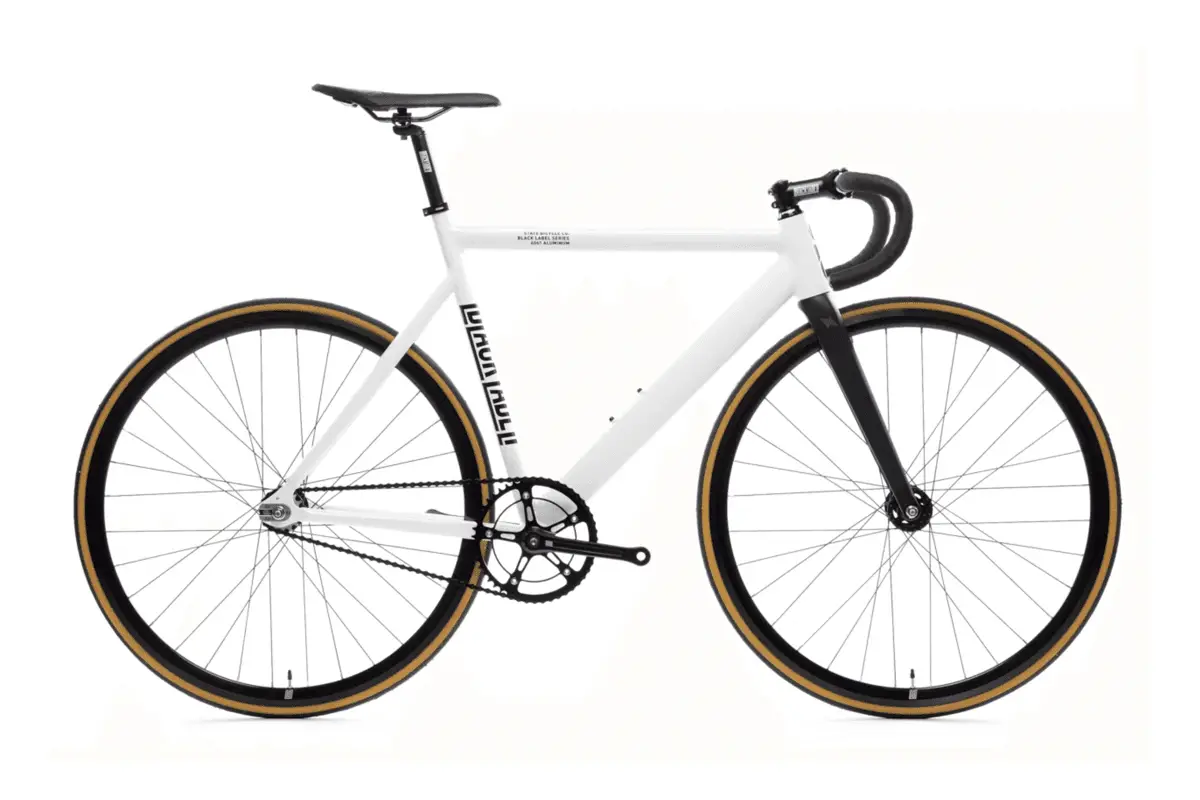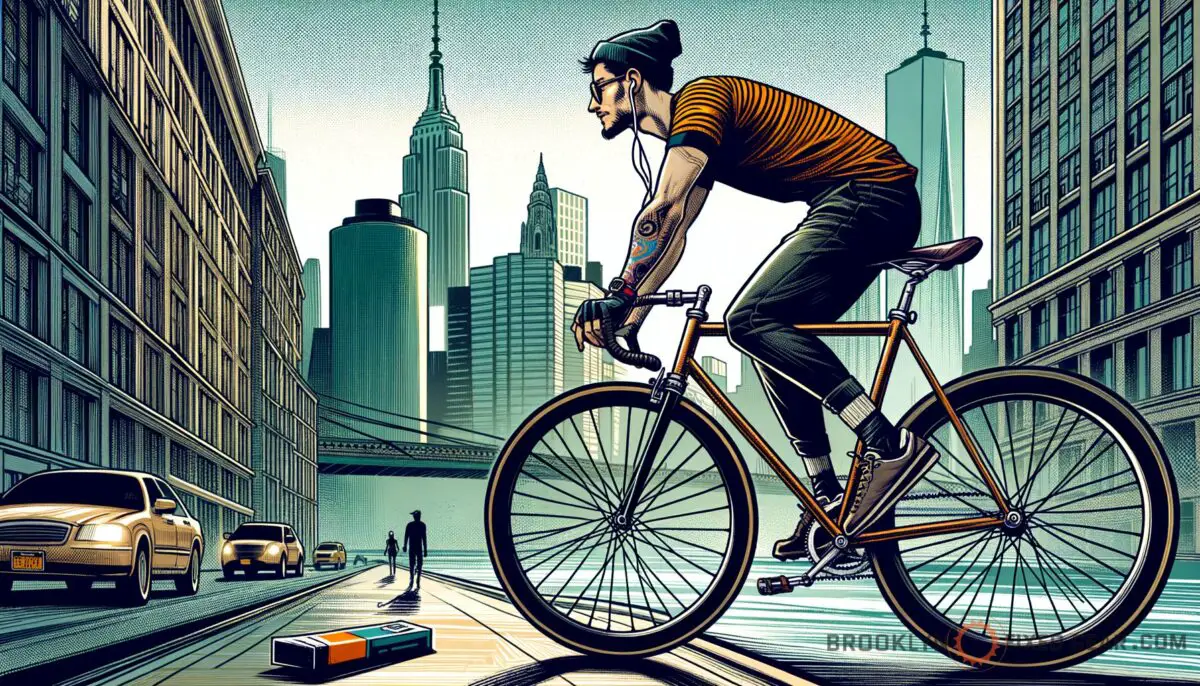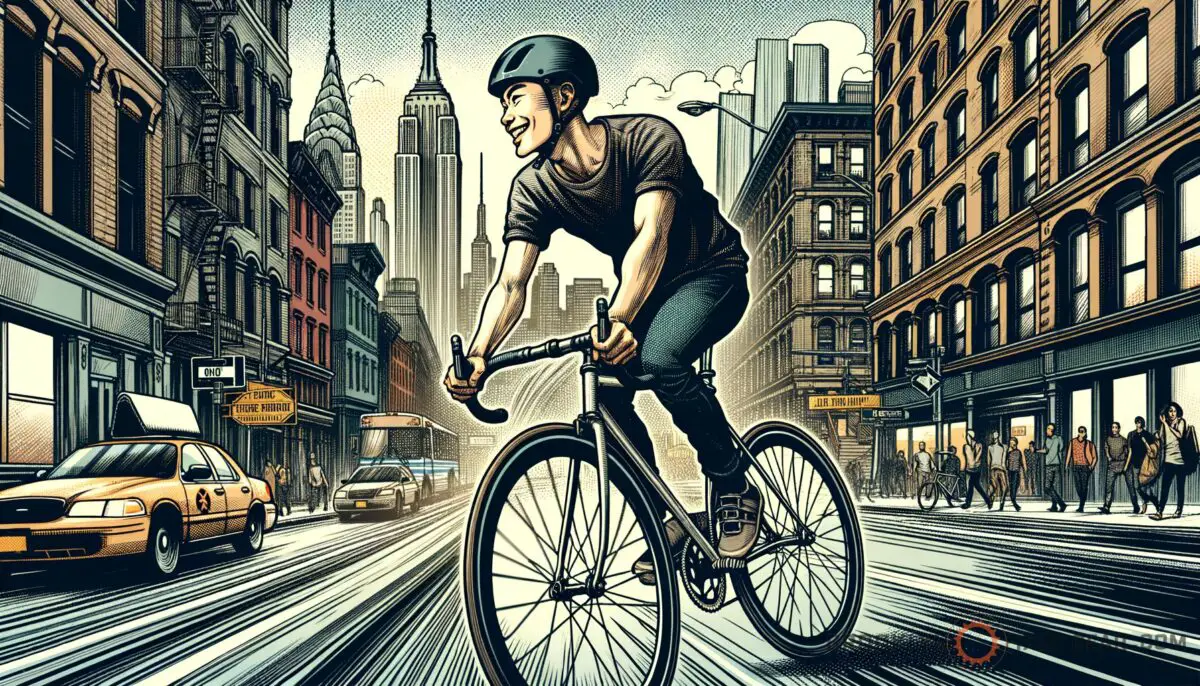When it comes to campus transportation, a bicycle is a fantastic (and often the only) option for busy college students who commute. Riding a bike eliminates the anxiety about fuel costs and parking disasters and gets you to your destination quicker than your feet can. Who wants more stress when they already have a packed schedule?
You may be wondering what a time- and money-strapped college student should look for in a bike for riding about campus. We’re here to assist you.
What are you astride?
Take into account the landscape on and around your campus. This will influence the kind of bike that is best for you.
For the majority of college campuses, an all-purpose bike meant for city riding will suffice. Your bicycle should be easily maneuverable and not too heavy. The bike should be constructed in a robust and straightforward manner that is easy to maintain.
Mountain bikes are an excellent option for rural areas with rough terrain. However, keep in mind that these specialist bikes are often larger and equipped with amenities that are superfluous for navigating a college campus, which likely adds significantly to the price.
Road bikes are also a viable option for those seeking speed and long distances. However, these bikes may quickly become prohibitively pricey. Additionally, road bikes need greater maneuverability. While certain models are suitable for college campuses, the majority of these bikes are designed for long-distance riding.
State Bicycle Co. Black Label 6061

State Bicycle Co. Black Label 6061
How much money do you require?
You actually don’t need to spend a fortune on a bike for commuting to and around campus. However, bear in mind that purchasing a bike that is constructed too cheaply will simply leave you in a terrible situation, forcing you to immediately purchase another bike. Spending between $200 and $400 on a bike should bring you a high-quality machine that’s ideal for cruising between the library and the student union.
Are you a fixed-gear or a freewheeler?
Fixed gear bikes, or “fixies,” are characterized by a simple design that is very easy to maintain. Additionally, this method gives a more effective exercise due to the constant movement. While riding, you get a sense of the bike; as you move, it moves. Freewheel bikes are excellent for cruising. While riding, you may rest your feet on the pedals. You may choose whether you like the effort required to ride a fixie or the relaxation associated with riding a freewheel bike.
Many bikes include a flip-flop hub, which enables effortless transitions between fixed-gear and freewheel riding. All that is required is to remove the back tire and turn it over.
How many gears are there?
Single-speed bicycles are quite simple to ride. They’re ideal for college campuses that are primarily flat. It may take some effort to ride these bikes up steeper slopes, but it is possible. Seven-speed bicycles are ideal for any campus. It’s simple to climb inclines on a bike with more gears, which makes these bikes excellent for hilly campuses. When you’re in a rush, the higher gears also assist with downhill speeds.
If you shop wisely and consider your budget, you’re likely to discover the right bike for your requirements. With a little maintenance—such as keeping your bike greased and your tires inflated—you can enjoy your bike both during and after school. Remember to get a bike lock if you want to keep your bike outside during class!















